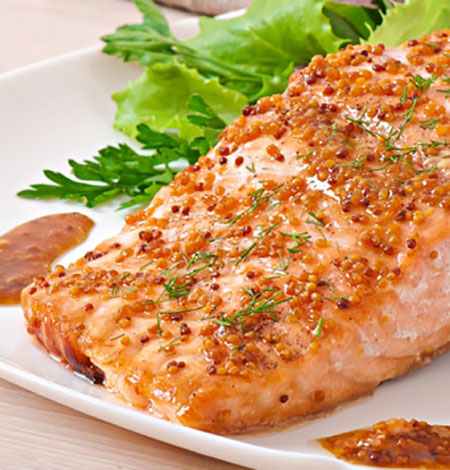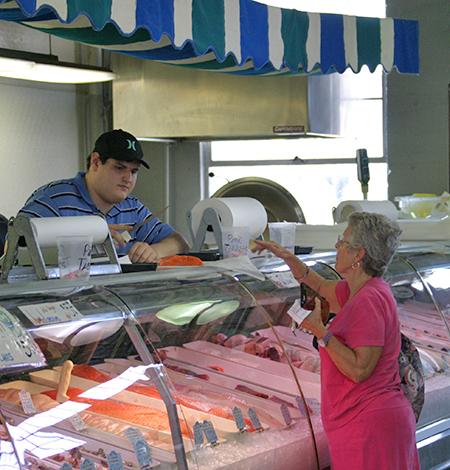Why You Should Think About Becoming a Pescatarian
 The popularity of veganism and vegetarianism has been rising as more of us become aware of the negative environmental impact and harmful practices of factory farms. Adopting a pescatarian diet may be better for your heath.
The popularity of veganism and vegetarianism has been rising as more of us become aware of the negative environmental impact and harmful practices of factory farms. Adopting a pescatarian diet may be better for your heath.
A pescatarian, or pesco-vegetarian, is someone who eats a primarily plant-based diet without any meat except seafood. It combines the health advantages of a plant-based diet with the essential nutrients and heart-healthy benefits of seafood. As long as you support local and sustainable fishing, it is an ethical and environmentally friendly choice.
Ethics & Environmental Impact of Pescatarianism
Factory farming produce a staggering amount of greenhouse gas emissions. Whereas the greenhouse emissions created by the fishing industry are similar to those produced by agriculture. According to a study from 2014, you can reduce your carbon footprint by as much as 46% when you switch from eating one serving of meat a day to only eating seafood and plant-based foods.
Even farmed raised seafood is significantly better for the environment and more humane than factory farmed chicken, pork and beef. While detrimental environmental practices and inhumane conditions are the norm in the livestock industry in the U.S., aquaculture (or fish farming) in the U.S. has been transformed by new technology, better management practices and increased regulations and oversight into a humane and environmentally friendly industry. You can trust that farmed seafood had a good quality of life and was killed humanly. Eco-friendly, responsibly managed fish farms protect wild populations of fish from overfishing.
Though overfishing is becoming an environmental threat, you can avoid contributing to overfishing by buying sustainable, farm-raised fish or in season, locally sourced fish. Here in New England, near the east coast, it is much easier to find locally sourced, in season fish than ethically raised livestock.
Health Benefits of Pescatarianism
One of the health risk of practicing veganism or vegetarianism is anemia, or iron deficiency. Iron is a key component of hemoglobin which helps our red blood cells carry oxygen to our heart. Our bodies can’t create enough hemoglobin without sufficient amounts of iron. Though you can get iron from eating some plant-based foods like bean, legumes, and leafy greens like kale and spinach, our bodies don’t absorb plant-based iron as effectively as meat-based iron. We absorb iron from meat two to three times better than iron from plants. Eating seafood just 1 to 2 times a week can ensure you have healthy iron levels.
Finfish and shellfish are also the best dietary sources of vitamin D and omega-3 fatty acids.
Vitamin D helps regulate cell growth, promotes healthy muscular development and protects the health of our bones by aiding our bodies in absorbing and maintaining calcium. Getting enough vitamin D can also reduce inflammation and pain. When you aren’t getting enough vitamin D from the sun, seafood is an excellent source.
Omega-3 fatty acids are an essential polyunsaturated fatty acid that have a wide range of health benefits. Studies indicate that omega-3 fatty acids reduce unhealthy blood fat (triglycerides) levels in our bodies which decreases the risk of heart disease, heart attack and stroke. Omega-3 fatty acids also can reduce joint pain and inflammation, improve immune function, and contribute to the development of a healthy central nervous system.

Seafood is also a good source of high-quality protein. Many vegans and vegetarians end up eating a diet that is high in carbohydrates and low in protein which can increase the risk of developing diabetes. Including seafood into your diet can ensure that you get more high-quality protein.
Incorporating seafood into a vegetarian diet makes it easier to eat well-balanced meals with all of the essential nutrients that your body needs. You can feel good about the ethical practices and environmental impact of eating fish by supporting fishmongers who offer sustainably raised farm fish and locally sourced, in season fish like City Fish Market.


